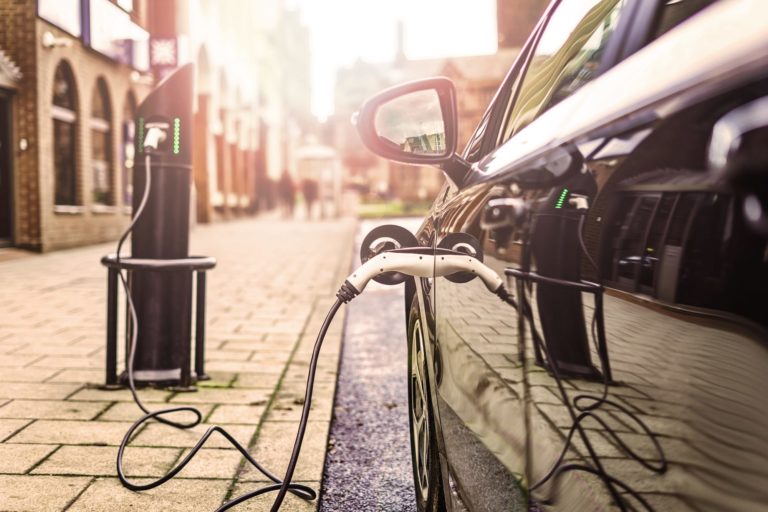Do current events strengthen the case for electric cars?
Data from the Society of Motor Manufacturers and Traders showed that 305,000 plug-in vehicles (electric vehicles and plug-in hybrids) were sold last year, accounting for 18.6% of overall market share, up from a market share of 17% in 2020.1
Yet against that, according to online car marketplace, AutoTrader, only one in six buyers were considering an electric alternative in February, which was down from one in four in September.2 Although it seems like every car manufacturer is advertising its latest electric car offering, consumer concerns including the hike in home energy prices, ‘real life’ battery range and the lack of adequate national recharging infrastructure have all acted as a brake on progress. Yet fast forward to today and, leaving aside the human tragedy around the current Ukraine conflict, the impact is being felt keenly as our interconnected world economy pays the price with accelerating cost of living increases, including the jump in energy prices as well and the makings of an inflationary spiral.
Forecourt petrol prices have been rising since before the war in Ukraine. During the first lockdown, lack of demand saw petrol prices in May 2020 down to £1.07 per litre. But world demand increased again as the COVID crisis eased and petrol prices began to rise, reaching £1.46 per litre as the worries about Ukraine became headline news in January. Since the start of the invasion with prices at over £1.63 per litre for petrol and £1.77 for diesel, does the purchase of an electric car now make even more sense?3
The simple fact is that even as household energy costs increase, the growing cost per mile will hit us all, regardless of what we drive. However, assuming that we accept the higher prices for electric cars and the challenge of equipping our properties with charge points, the reality is that it costs half the price of a full petrol tank to fully charge an electric battery, and with both electricity and petrol prices rising, this is likely to remain the case for the foreseeable future.
Article supplied by SJ Financial Solutions - Stuart Mosley
Stuart Mosley (CeFA, CeMap, CLTM) founded SJ Financial Solutions in June 2005 having spent 12 years with big corporates such as Halifax and Santander. He felt the personal touch and straight speaking was missing from mortgage and protection services and set up SJ Financial Solutions to change this.
If you would like to get in touch with SJ Financial Solutions please see contact details here.

Sources
1 – SMMT (2022) SMMT Vehicle Data. Available at: https://www.smmt.co.uk/vehicle-data/ (Accessed 29th March 2022)
2 – de Prez, M. (2022) Consumer interest in EVs declines as prices remain high, says Auto Trader. Available at: https://www.am-online.com/news/market-insight/2022/03/08/consumer-interest-in-evs-declines-as-prices-remain-high-says-auto-trader (Accessed 29th March 2022)
3 – Department for Business, Energy & Industrial Strategy (2022) Weekly road fuel prices. Available at: https://www.gov.uk/government/statistics/weekly-road-fuel-prices (Accessed 29th March 2022)
Published: 04 April 2022





